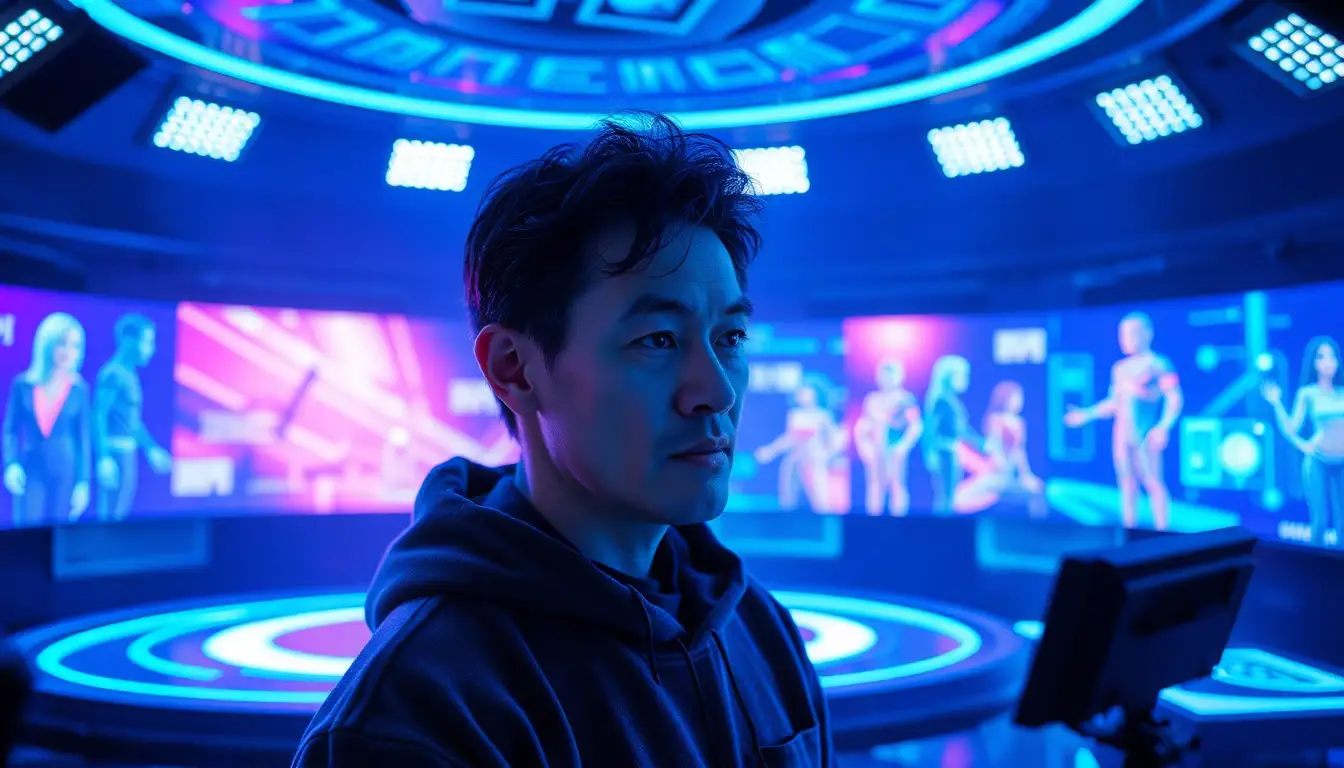
Now loading...
As the film and television industry navigates the complexities surrounding the use of generative AI technology, Netflix is positioning itself to capitalize on its potential. In its latest earnings report released on Tuesday, the streaming giant expressed confidence in its ability to harness AI advancements effectively, according to a letter to investors.
While Netflix does not intend to make generative AI the cornerstone of its content creation process, the company sees it as a valuable tool to improve the productivity of creatives. “It takes a great artist to make something great,” said Netflix CEO Ted Sarandos during the earnings call. He emphasized that while AI could supplement the creative process by providing resources to improve the viewing experience, it does not inherently transform an individual into a compelling storyteller.
This year, Netflix became one of the first to incorporate generative AI into its content, using the technology in the Argentine series “The Eternaut” for a scene featuring a building collapse. Additionally, filmmakers of “Happy Gilmore 2” have employed generative AI to create younger versions of characters in the film’s opening sequence, while the production team of “Billionaires’ Bunker” used the technology for pre-production tasks such as wardrobe and set design evaluation.
The introduction of AI into the entertainment realm has sparked heated debates, particularly among artists concerned about the potential implications of generative AI tools that use their work without consent. As Netflix sets a precedent, it appears studios are more inclined to adopt generative AI for special effects rather than as a replacement for actors, despite rising tensions over the use of AI-generated likenesses in Hollywood.
This controversy intensified following the release of OpenAI’s Sora 2 model, capable of generating audio and video content without restrictions on specific actors or historical figures. Recently, SAG-AFTRA, along with actor Bryan Cranston, advocated for stricter controls on deepfake technology to protect actors’ digital rights.
When questioned about Sora’s potential impact on Netflix, Sarandos acknowledged that creators could face challenges but maintained that he is not particularly worried about its influence on the film and television sectors. “We’re not worried about AI replacing creativity,” he assured investors.
In financial terms, Netflix reported a 17% increase in quarterly revenue year-over-year, reaching $11.5 billion, although this figure fell short of the company’s expectations.
